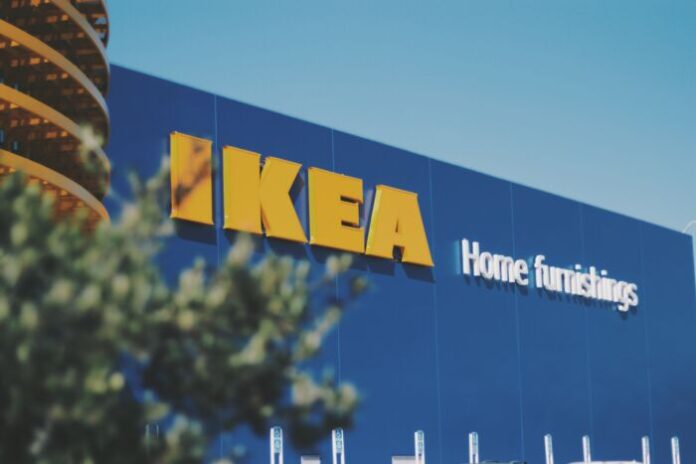
Green turn for the Swedish furniture giant. Ikea turns in the direction of the circular economy and announces that it will start selling spare parts for wardrobes, sofas, beds and drawers, to try to be more sustainable and reduce the environmental impact. Although the company’s home furnishing products are among the best-selling and cheaper, they are not repairable: if a piece or component breaks or damages the only solution is to buy the furniture back.
“The company is testing various products – Ikea sustainability manager Lena Pripp-Kovac told the Financial Times – The goal is to extend the life of the furniture and dispel the idea that the company produces disposable goods. “.
The plans are at an early stage and there is still no launch date for this new project, but the turning point should occur in the course of 2021. The idea is to introduce an online spare parts sales system that will allow you to purchase individual products: from sofa feet, for example, to bed bolts or slats.
It is not Ikea’s first green initiative to support the circular economy. The Swedish giant has been encouraging customers who want to “sell” their used furniture for years. On the company website there is a special section for those who want to make a sale. A pre-evaluation is made thanks to an online tool and it is possible to book your entrance to the store for the delivery of the furniture on the day and at the desired time slot.
“Many people want to lead healthier and more sustainable lives. Our research shows, however, that many find it difficult to achieve it – said the CEO of Inter Ikea Group, Jon Abrahamsson, in a note released by the company website – “Our goal is to ensure that that lifestyle become the standard option. To do this, we intend to offer attractive and accessible products, low-cost solutions within the reach of many ”.
In order for its products to be truly more sustainable, however, Ikea will also have to think about a different use of certain materials, which are difficult to reuse or recycle. For the moment it has focused on wood: with the presentation of the Sustainability Report it announced in 2020 it has managed to obtain 98 per cent of the wood it uses from certified sources for environmental sustainability or from recycle. By 2030, he would like at least a third of the wood he uses to be recycled.
The low cost of Ikea’s products is one of the reasons why the company is often accused of pushing its customers to be particularly consumerist – also its marketing strategy based on the customer journey in stores, which pushes towards purchase of products that you did not intend to purchase at the time of entry.
Lena Pripp-Kovac, head of sustainability at Inter Ikea, the company that designs and manufactures Ikea furniture, told the Financial Times that the fact that the products are cheap doesn’t mean they should be considered disposable. At the same time, added Jon Abrahamsson Ring, CEO of the company: “For us, for sustainability to really have an impact, it must be within everyone’s reach.”



































